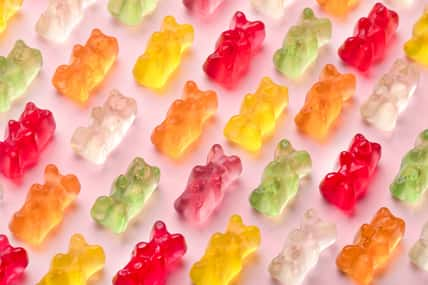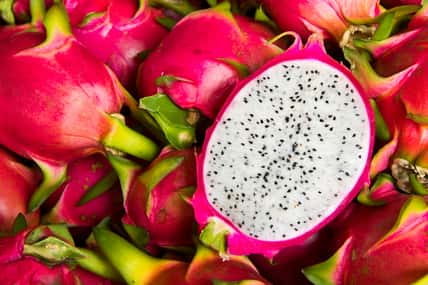
The foods that a mother eats during pregnancy can shape their little one’s future cravings, according to a new study.
So, if you were all about chocolate cake or cheeseburgers, don’t be surprised if your baby loves them, too! The findings could have implications for establishing healthy eating habits in babies while they’re still in the womb.
A team of researchers led by Durham University in the United Kingdom analyzed the facial expressions of babies who had been repeatedly exposed to kale or carrot in the womb.
The results revealed that babies show positive responses to the smell of foods they encountered before they were born.
Newborns were more likely to react positively to the smell of carrot if their mothers had taken carrot powder capsules when they were pregnant.
The same reaction applied to babies whose mothers had taken kale powder capsules when they were pregnant.
“Our analysis of the babies’ facial expressions suggests that they appear to react more favorably toward the smell of foods their mothers ate during the last months of pregnancy,” said Nadja Reissland, a co-lead author of the study and a professor in the Department of Psychology at Durham University.
This demonstrates the potential to establish healthy eating habits at a young age, which can be done by exposing babies to green vegetables in the womb.
For the study, the research team followed up with 32 babies—16 males and 16 females—from a study in 2022. In the original study, the researchers used 4D ultrasound scans to study fetal facial expressions on babies at 32 and 36 gestational weeks after their mothers ingested a 400mg dose of either carrot or kale capsules.

Sign up for Chip Chick’s newsletter and get stories like this delivered to your inbox.
Fetuses exposed to carrot displayed more “laughter-face” responses, while those exposed to kale showed more “cry-face” responses.
In the latest study, the researchers evaluated the babies from 36 weeks gestation until about three weeks after birth.
The mothers consumed carrot or kale capsules every day for three weeks until birth. At three weeks old, the newborns’ reactions to carrot, kale, and a control scent were tested.
The researchers dipped wet cotton swabs into carrot or kale powders while water was used as a control. The cotton swabs were held underneath each infant’s nose, and their reactions were recorded on video. Then, the footage was assessed to see how the newborns reacted.
The team found that there was an increased frequency in “laughter-face” responses and a decreased frequency in “cry-face” responses from the fetal to the newborn period.
Humans use both smell and taste to experience flavor. Fetuses must inhale and swallow the amniotic fluid in the womb to experience flavor.
“Our research showed that fetuses can not only sense and distinguish different flavors in the womb but also start learning and establish memory for certain flavors if exposed to them repeatedly,” said Dr. Ustan-Elayan from the University of Cambridge.
“This shows that the process of developing food preferences begins much earlier than we thought, right from the womb. By introducing these flavors early on, we might be able to shape healthier eating habits in children from the start.”
The study was published in the journal Appetite.












